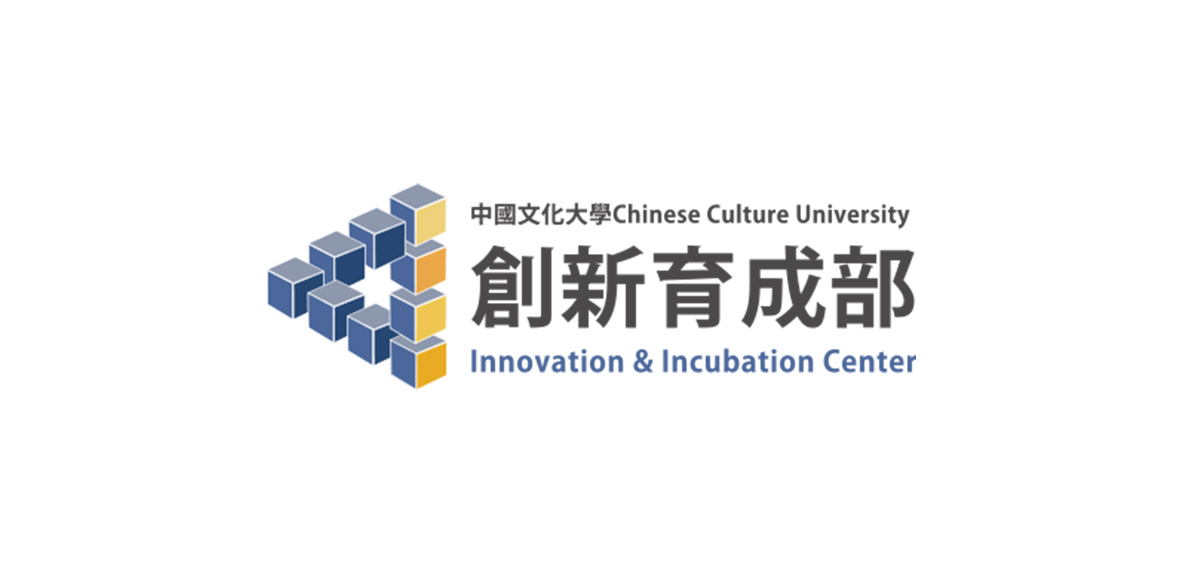
2024.11.07
Incubator

Governing unit:Chinese Culture University
Area:No space provided
Url:Link
TEL.:02-7709-7801 # 7581
E-mail:
Address:No. 127, Yanping S. Rd., Zhongzheng Dist., Taipei City
Introduction
Chinese Culture University (CCU) was founded in 1962 under the name “Far East Research Institute”, starting with twelve research divisions: The Three Principles of the People (after Sun Yat-Sen), Commerce and Trade, Engineering, Agriculture, Philosophy (incl. Education), Literature, History, Politics, Economics, Law, Earth Sciences, Housekeeping and Arts. The first building being erected was the Da Cheng building. One year later in spring, the Institute was structured into 15 departments: Philosophy, Chinese Culture, Asian Languages (incl. Departments of Russian, Japanese, Korean), English, French, German, History, Earth Sciences, News and Information, Aesthetic Arts, Music, Drama, Sports, Housekeeping, Architecture, and City Planning. In fall, four more departments had been added, serving as evening school, offering Administration, Social Work, Mass Communication and Business Studies. Based on this re-organization, the institution became officially recognized by the government as ranking on university level, and was re-named “College of Chinese Culture” by the late President of the Republic of China (R.O.C.), Chiang Kai-Shek.
The following years were marked by continuing growth and improvements. 1969 saw the opening of the School for Continuing Education, today’s No. 1 in Lifelong Learning programs in Taiwan. In 1971, the Hwa Kang Foundation was established, in order to foster cooperation with companies, improving knowledge transfer, adding practical experience to the university teachings, and fuelling it with entrepreneurial spirit. In 1980, all efforts were rewarded when the College’s encompassing character as an institution of Higher Education became recognized by the government’s Ministry of Culture as being conform to the standards of a comprehensive University. It was then that the University received its current name “Chinese Culture University” (briefly: CCU), as which its renewal and growth have continued until today. Four years later, Dr. Chang Jen-Hu, the Founder’s son, took office as the Chair of the Board of CCU, as the most respected heir of the successful work and honorable achievements of his father. Prof. Chang Chi-Yun’s fulfilled life and accomplishments are commemorated in deep thankfulness, most visibly expressed by the Hsiao Feng Memorial Hall and the Hsiao Feng Garden on the CCU campus.
If you have any further questions, please feel free to contact us.
E-mail